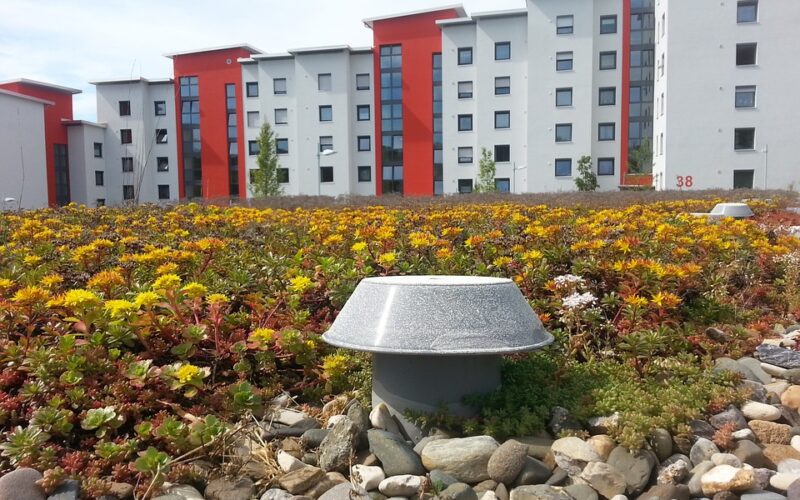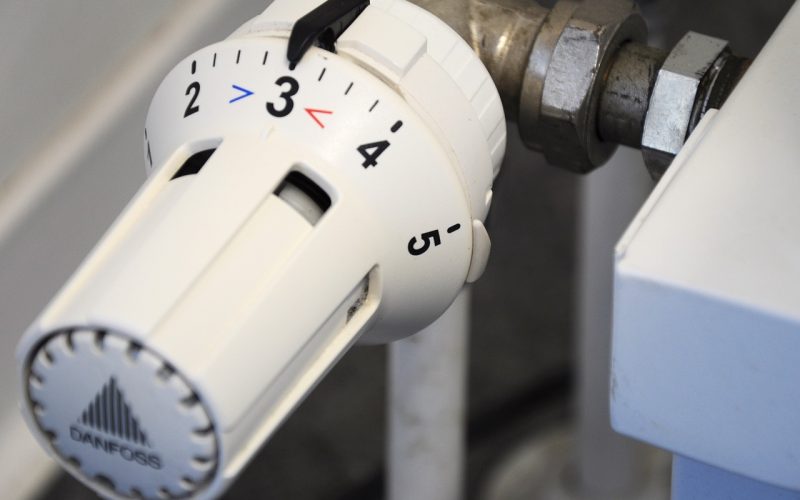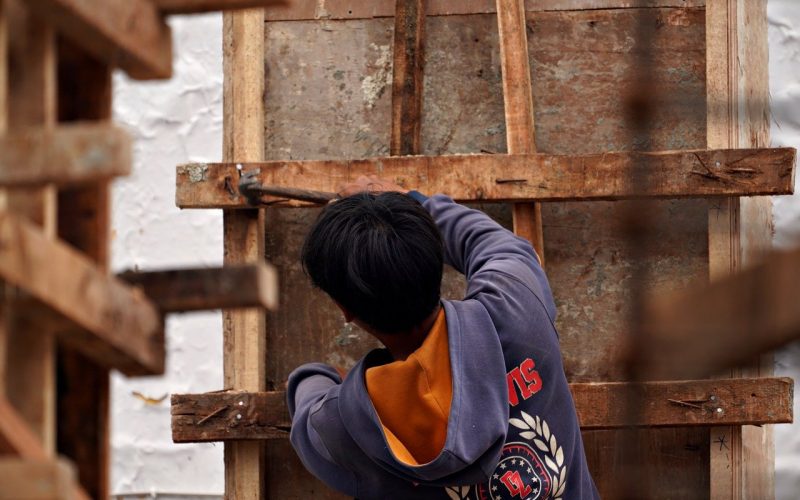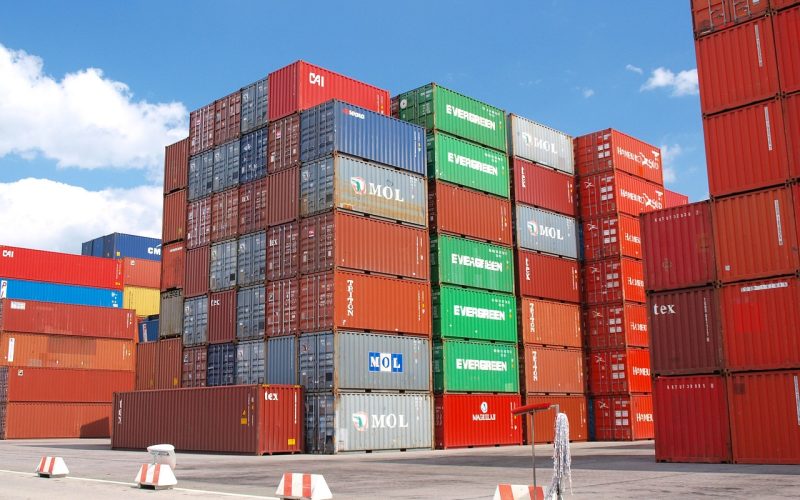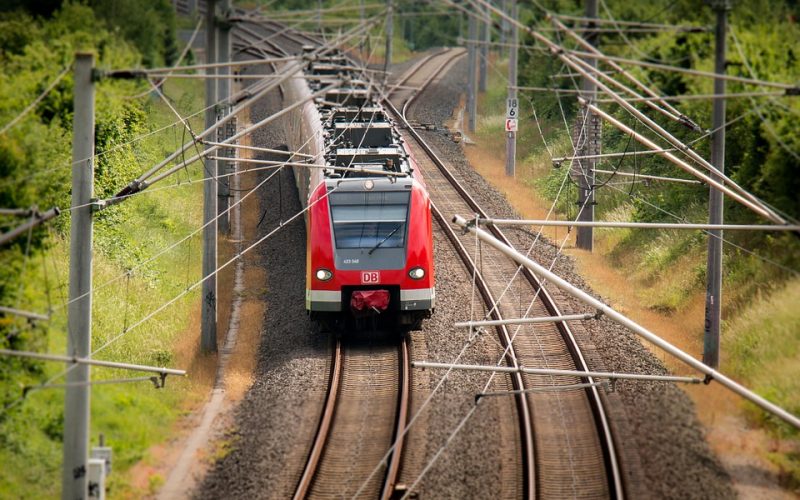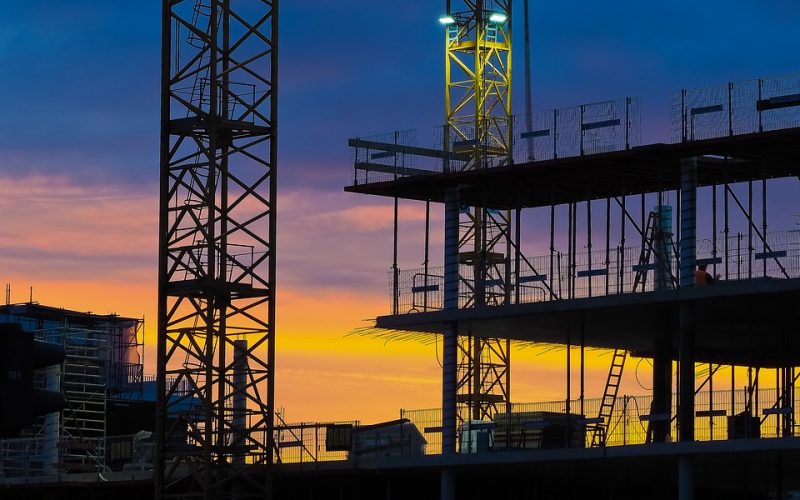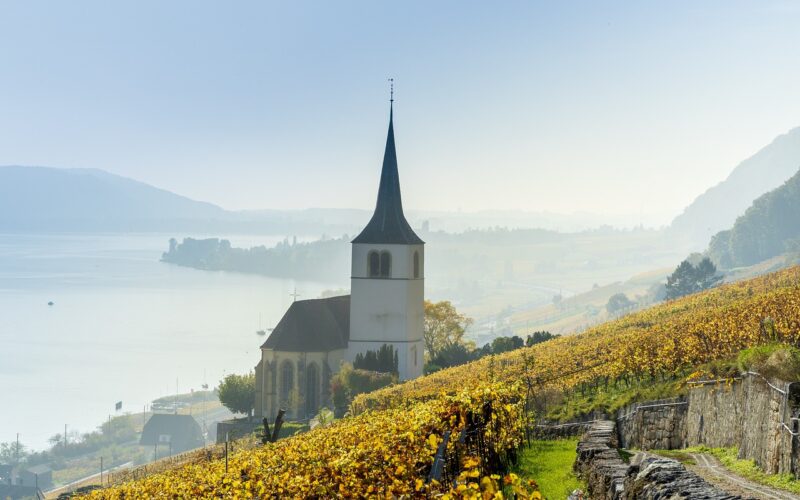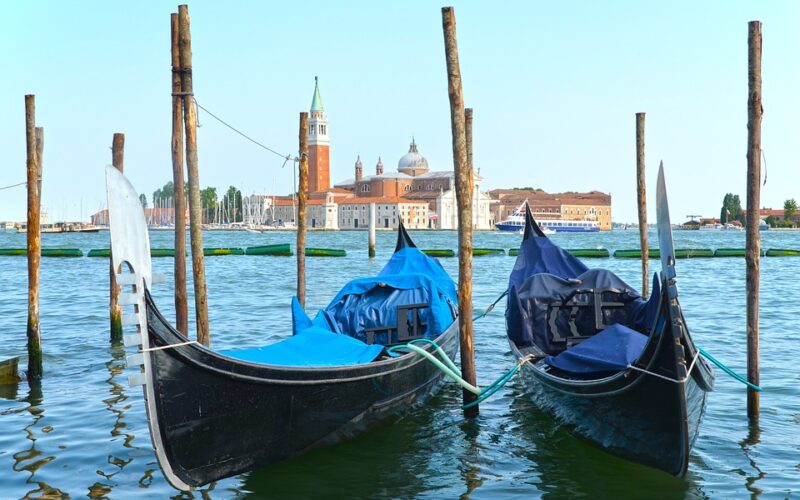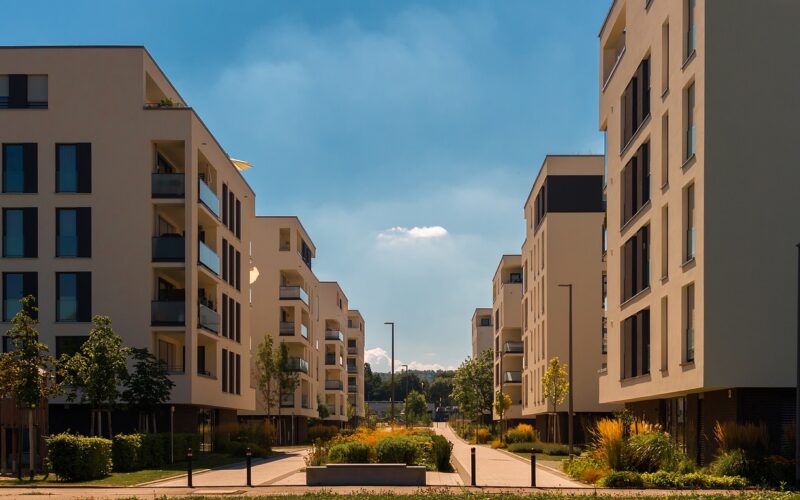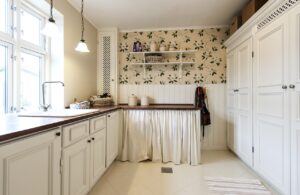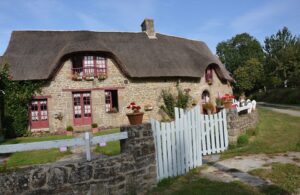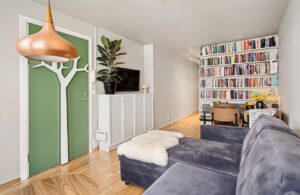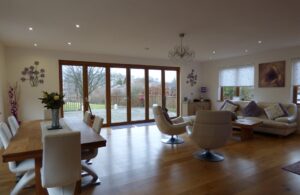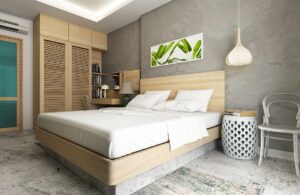The Shift Towards Alternative Housing
In recent years, the rising cost of buying a home has become a significant challenge, prompting many to explore alternative housing options. This shift is not just a reflection of financial necessity but also an indication of changing lifestyle preferences and a desire for more flexible living arrangements.
The allure of canal boats
Canal boats, once primarily associated with leisure and tourism, are increasingly being considered as permanent residences. One of the primary attractions of living on a canal boat is the opportunity to lead a simpler, more environmentally friendly lifestyle. These compact homes encourage owners to declutter and focus on essentials, resulting in minimalistic living which is environmentally sustainable. With the ability to travel and moor in different locations, residents can enjoy a nomadic lifestyle, constantly surrounded by the natural beauty of waterways.
While the initial cost of purchasing a canal boat can be significantly lower than buying a traditional home, potential buyers should consider ongoing maintenance costs. Additionally, the small living spaces may not suit everyone, particularly those with families. However, for individuals or couples looking for a unique and adventurous lifestyle, canal boats offer an appealing alternative.
The rise of camper van living
Similarly, the popularity of camper van living has soared, particularly among millennials and retirees seeking freedom and flexibility. Camper vans provide the ability to live on the road, offering a sense of adventure and spontaneity that traditional homes cannot. This form of living allows individuals to constantly explore new places and experience different cultures, making it an attractive option for those with a passion for travel and discovery.
Investing in a camper van can be cost-effective, as it eliminates the need for hefty mortgage payments. However, like canal boats, there are considerations to keep in mind. Fuel costs, maintenance, and the need for camping facilities or safe parking spots can add up. Despite these challenges, the undeniable allure of waking up in a new location every day continues to draw people to this alternative housing option.
Financial implications and lifestyle considerations
The financial implications of choosing alternative housing options such as canal boats and camper vans are multifaceted. While they can offer lower initial and ongoing costs compared to traditional homes, they also require a mindset shift towards accepting smaller living spaces and potential lifestyle changes. For many, this trade-off is worthwhile, as it provides the freedom and adaptability that conventional housing often lacks.
Furthermore, individuals who opt for these alternative housing options are often motivated by a desire to disconnect from the consumer-driven culture that has dominated society. By living with fewer possessions and focusing on experiences rather than material accumulation, many find a sense of fulfilment that traditional homeownership does not provide.
Social and environmental impact
In addition to personal benefits, alternative housing options have broader social and environmental impacts. By reducing reliance on large, energy-consuming homes, individuals can significantly decrease their carbon footprint. This eco-friendly approach is becoming increasingly important as awareness of climate change and sustainability grows.
Socially, the movement towards alternative housing fosters a sense of community among individuals who share similar values and lifestyle choices. Whether it’s through canal boat meet-ups or camper van gatherings, these communities provide support, knowledge sharing, and camaraderie, enhancing the overall living experience.
The rising cost of buying a home has undeniably influenced the shift towards alternative housing options such as canal boats and camper vans. These options offer not only financial benefits but also the potential for a fulfilling lifestyle that prioritises experiences over possessions. While this way of living may not suit everyone, it highlights a growing trend towards flexibility, sustainability, and a departure from traditional housing norms.
As more individuals seek out these alternative living arrangements, it's important to consider the broader implications, both personal and societal. By exploring these options, people can potentially discover a new way of living that aligns with their values and aspirations, ultimately leading to a more satisfying and balanced life.



